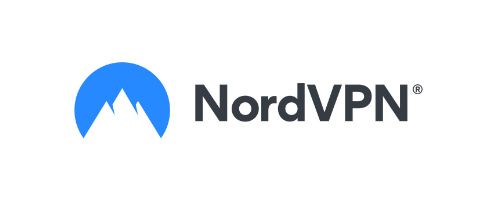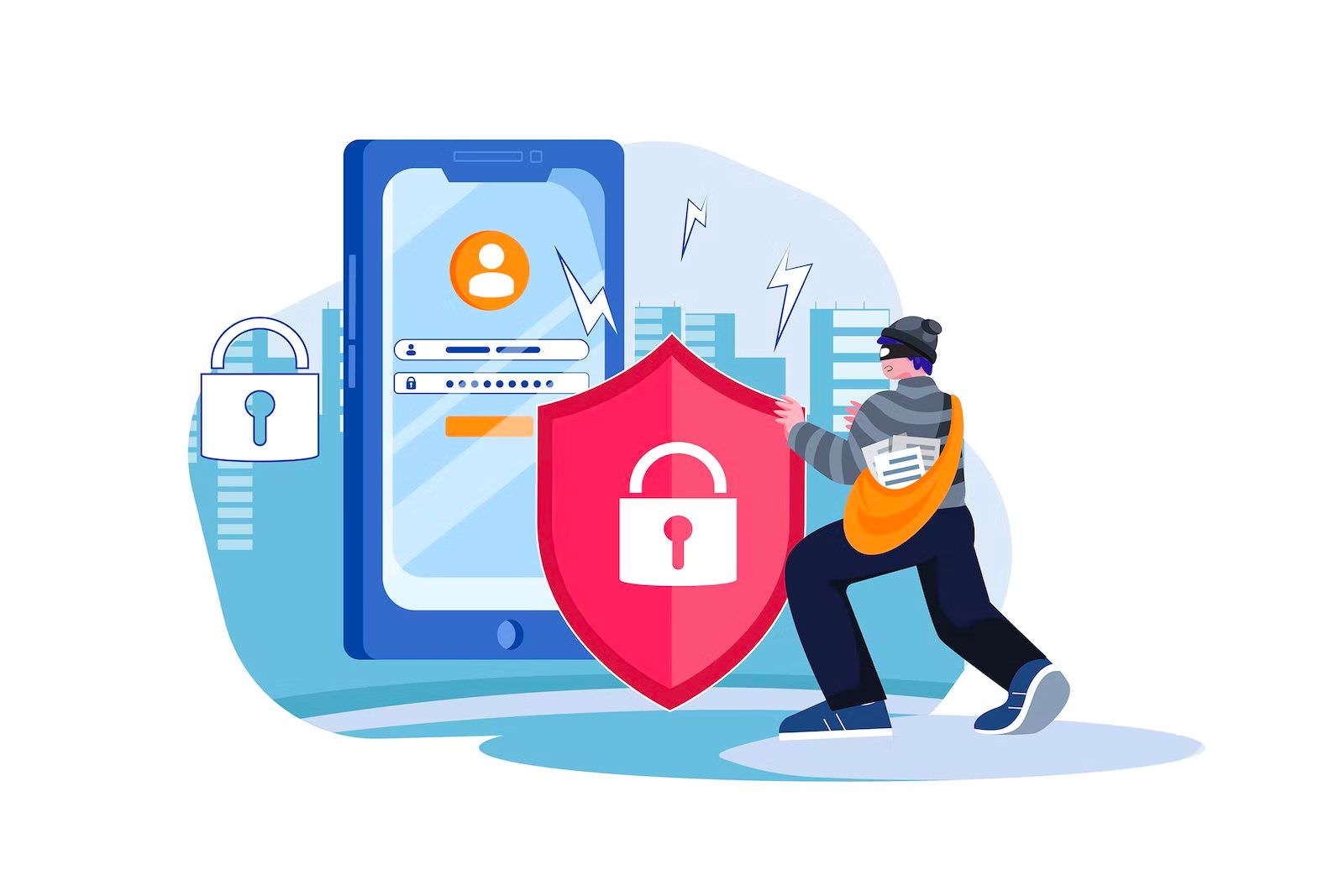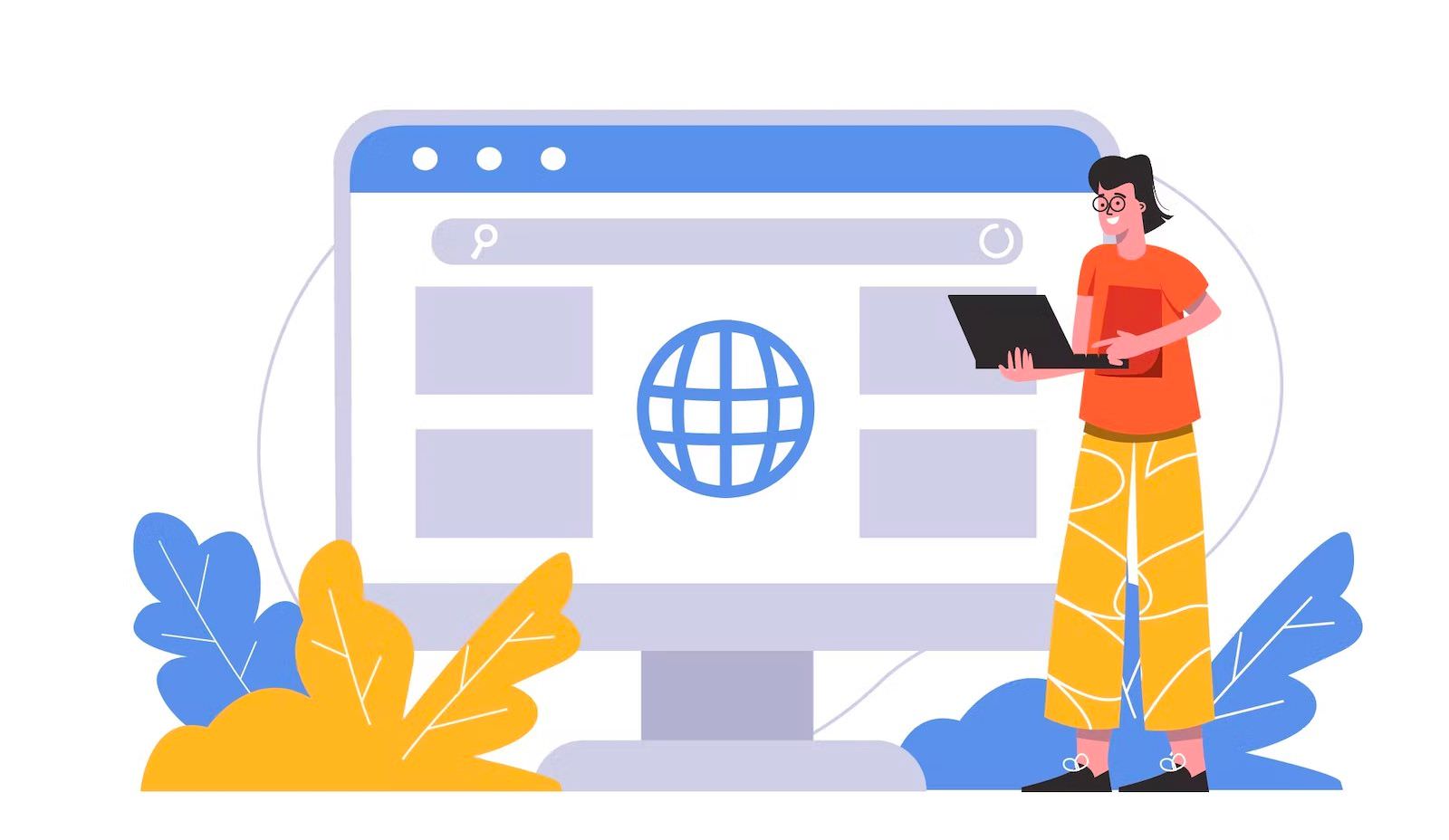HTTPS Everywhere is a Firefox and Chrome extension that encrypts your traffic with HTTPS on websites that support it. While it’s not a perfect replacement for a VPN, it can provide some security benefits.
For example, if you’re using public Wi-Fi, HTTPS Everywhere can help protect your traffic from being intercepted by someone on the network. HTTPS Everywhere can also help protect your traffic from being monitored by your internet service provider.

NordVPN Special Deal
Get VPN protection from NordVPN, one of the most reliable VPN companies in the world, for just $3.99/month!
✅ Possibly, the best Double VPN implementation.
✅ Over 5000 servers in 60 countries.
✅ VPN split tunneling support.
HTTPS vs VPN—which one wins?
That’s a tough question to answer—it depends on your needs. VPNs provide more security and privacy than HTTPS, while HTTPS is faster and can be used on more websites. If you’re looking for the most secure option, then a VPN is probably best for you. If you’re mostly concerned with privacy and don’t mind sacrificing a little speed, then HTTPS is a good option. Ultimately, it’s up to you to decide which option is best for you.
Should I use HTTPS everywhere with a VPN?
Yes. This will provide you with the best security and privacy and give you the best of both worlds. HTTPS Everywhere encrypts your traffic with HTTPS on websites that support it, while a VPN provides an extra layer of security and privacy. Together, they will give you the best protection possible.

ExpressVPN Special Offer: 3 Free Months for our readers!
Get the best-rated VPN service in the world with a special offer just for the readers of PrivacyTutor!
Is it safe to use HTTPS everywhere?
Yes, it is safe to use HTTPS Everywhere. The extension encrypts your traffic with HTTPS on websites that support it, so it’s just as secure as using a VPN. However, keep in mind that HTTPS is not perfect – it can still be intercepted or monitored by someone on the network or your internet service provider. If you’re concerned about security and privacy, using a VPN is the best option.
Should I use the HTTPS everywhere extension all the time?
The HTTPS Everywhere extension is a great way to make sure that your browsing is always secure, but it’s not necessary to use it all the time. You can choose when to use it, depending on the site you’re visiting. However, using the HTTPS Everywhere extension is a good way to keep your browsing safe and secure, so it’s a good idea to use it whenever possible.

Why should I use HTTPS everywhere extension with modern browsers?
The HTTPS Everywhere extension is a great way to make sure that your browsing is always secure, even on modern browsers. The extension encrypts your traffic with HTTPS on websites that support it, so it’s just as secure as using a VPN. This is a great way to keep your browsing data safe from prying eyes, whether you’re using public Wi-Fi or just want to make sure your traffic can’t be intercepted.
Do I still need a VPN if all the sites I visit use SSL?
A VPN is still a valuable tool to protect your privacy, even if the sites you visit use SSL. SSL does not provide perfect security, and a VPN can help protect your data from being intercepted by third-party attackers. Additionally, VPNs can help you bypass geographic restrictions on content, allowing you to access blocked websites and streaming services from anywhere in the world.

How safe are the sites that use HTTPS/SSL?
SSL (Secure Socket Layer) and HTTPS (Hypertext Transfer Protocol Secure) are both used to protect your online privacy and keep your data safe. But how safe are the sites that use them?
Generally, SSL and HTTPS are very effective at keeping your information private. However, no system is foolproof, so it’s always important to be careful when sharing personal information online.
SSL and HTTPS are both designed to protect your data from being intercepted by third parties. This means that your data is encrypted before it’s sent, making it much harder for anyone to read it without the correct security credentials.
SSL and HTTPS also help to ensure that the site you’re visiting is authentic. This is done by verifying the site’s security certificate, which helps to prevent man-in-the-middle attacks.
Overall, SSL and HTTPS are two of the best ways to keep your data safe online. They’re not perfect, but they do a good job of protecting your information from prying eyes. So if you’re looking for a way to stay safe online, SSL and HTTPS are good places to start.

Special VPN Deal
Get VPN protection from NordVPN, one of the most reliable VPN companies in the world, for just $3.99/month!
Can a VPN replace the need for using HTTPS?
No. They both are important tools that play different roles in keeping your data safe. HTTPS is used to encrypt traffic between your device and the website you’re visiting, while VPN services are used to create a secure tunnel between your device and the VPN server. This means that your data is encrypted both when it’s sent and received, making it much more difficult for anyone to spy on your traffic.
So, while a VPN can be a valuable tool for keeping your data safe, it can’t replace the need for using HTTPS. Both are important tools that serve different purposes.

What is the difference between SSL and VPN?
SSL (Secure Socket Layer) and VPN (Virtual Private Network) are both security technologies used to protect data as it is transmitted between computers and servers. SSL is most commonly used to secure credit card information and other sensitive data as it is sent over the internet. VPNs are often used by businesses to create a private network that can be accessed by employees from remote locations.
The primary difference between SSL and VPN is that SSL provides a secure connection between two specific computers, while VPNs allow users to connect to a private network from anywhere in the world. SSL is also typically used to protect data as it is transmitted over the web, while VPNs can be used to protect data as it is transmitted over any network, including the internet.
Both SSL and VPN are effective security technologies, and businesses should decide which technology is best suited for their needs. SSL is a good choice for businesses that want to create a secure connection between two specific computers, while VPNs are a good choice for businesses that would like to create a private network that can be accessed by employees from anywhere in the world.
What other extensions should I use together with HTTPS everywhere?
HTTPS Everywhere is a great tool for protecting your data, but it’s not the only security extension you should use. Other extensions that can help keep your data safe include:
- Firefox extension: uBlock Origin
- Chrome extension: HTTPS Everywhere, AdBlock Plus, NoScript Security Suite
- Android apps: HTTPS Everywhere, AdBlock, NoScript Security Suite, DuckDuckGo Privacy Browser
- iOS app: HTTPS Everywhere, AdBlock, NoScript Security Suite, Disconnect Mobile, Brave Privacy Browser

Special VPN Deal
Get VPN protection from NordVPN, one of the most reliable VPN companies in the world, for just $3.99/month!
Should I use a VPN with the Brave browser?
Yes, you should use a VPN with the Brave browser. The Brave browser includes a built-in VPN, which can be used to protect your data as it is transmitted over any network, including the internet. The Brave browser also includes a built-in ad blocker and tracking blocker, which can help keep your data safe from online trackers.

What browsers are recommended for the best online privacy?
There is no one-size-fits-all answer to this question, as the best browser for online privacy will vary depending on your needs. However, some browsers that are recommended for online privacy include:
- Brave – The Brave browser includes a built-in VPN, ad blocker, and tracking blocker, which can help keep your data safe from online trackers.
- Firefox – The Firefox browser includes a built-in ad blocker and tracking blocker, which can help keep your data safe from online trackers.
- iOS – The iOS Safari browser includes a built-in ad blocker, which can help keep your data safe from online trackers.
Conclusion
Both SSL and VPN are important security technologies that can help keep your data safe. SSL is a good choice for businesses that want to create a secure connection between two specific computers, while VPNs are a good choice for businesses that would like to create a private network that can be accessed by employees from anywhere in the world. You should also use a VPN with the Brave browser, and consider using the Firefox or iOS Safari browsers for online privacy.





